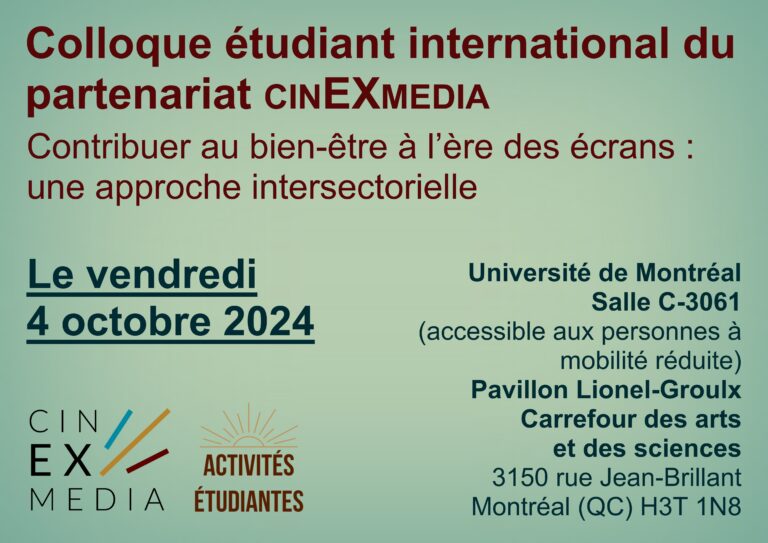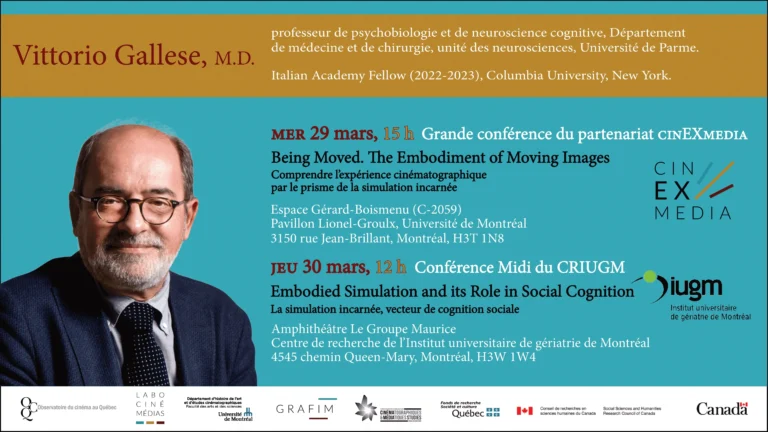Description
17th International Domitor Conference, Culpeper, Virginia, 9-12 June 2022 - Now entirely online
Copyright, droits d’auteur (author’s rights), licensing: Who owns the right to copy film, and how do those copyrights shape access to other spheres of democracy and culture? Across a range of national contexts, the legal right to copy, distribute and exhibit motion pictures was as central to the early film business as patents. Piracy in the early period was also rampant, and arguably helped to power the rapid development of an international film industry. Bureaucratic processes of copyrighting produced records of works that are themselves no longer extant. Other rights were in play, too. There were questions of rights over a dramatic performance or a screen adaptation of a text. There was the matter of the right to be filmed, or not to be filmed, which entailed questions of privacy and unwanted publicity. And, of course, such rights were not available to all, marked as they were by differences in race, ethnicity, class, gender, sexuality, and nationality that continue to restrict access today.
This conference takes up the question of rights in this diverse landscape of ownership, copying, piracy, and privacy in early cinema. We might think of the familiar challenges manufacturers faced in trying to apply “copyright” to the new commodity of “film”; trademarks and the patent wars; and the first recognition of “cinematographic works” at the 1908 Berlin Convention. But, what other national and local stories are there yet to be told? Who did legal rights to copy protect and legitimate in the first decades of cinema? Who has benefited from the legal vacuum, and what has the absence of copyright allowed for in terms of creation? Who was marginalized or disempowered by those protections? What did issues of copyright mean for African American filmmakers and performers or filmmakers beyond Europe and North America? And how can we open the topic up to new ways of thinking about film history in the context of other struggles, such as the relation between citizenship rights and the politics of social reproduction (housework, maternity, caring for children)?
Including presentations by
- Joël Lehmann (University of Montreal), “Le Sacre d’Édouard VII (1902) : un renversement de perspective” (Laboratoire CinéMédias's alumni)
- Aboubakar Sanogo (Carleton University), “An African Pioneer of Cinema: Albert Samama Chikly” (TECHNÈS researcher)



